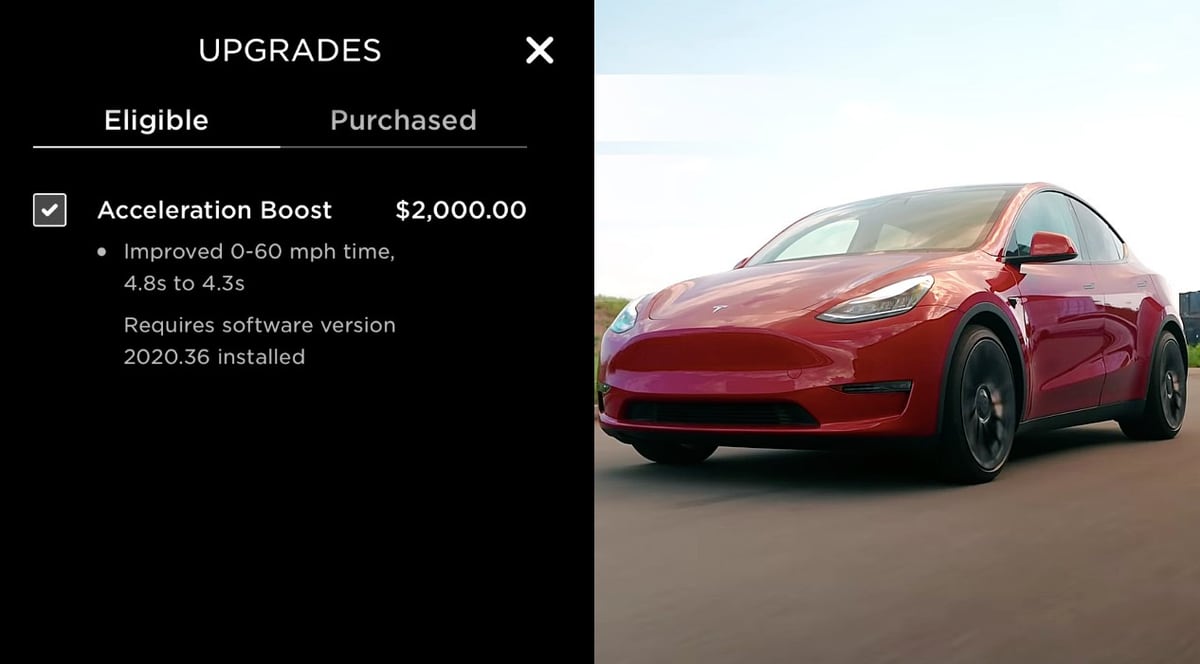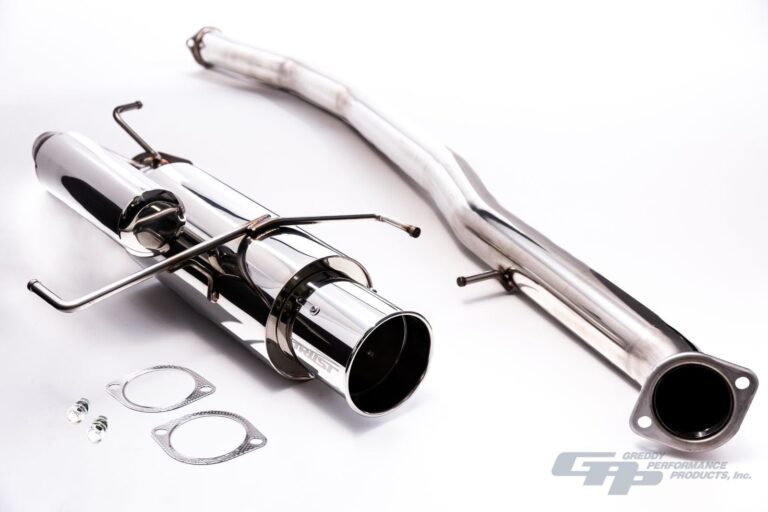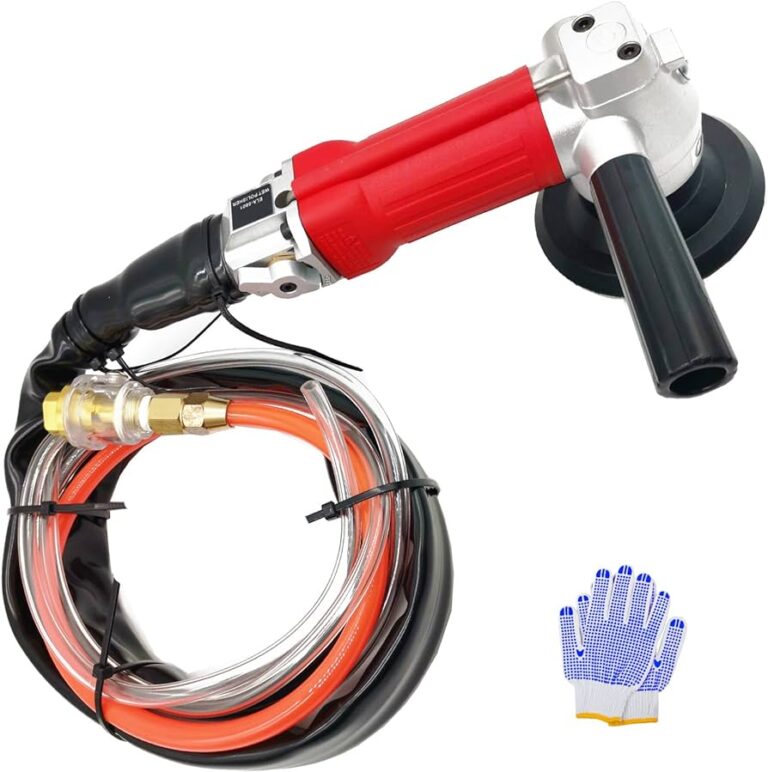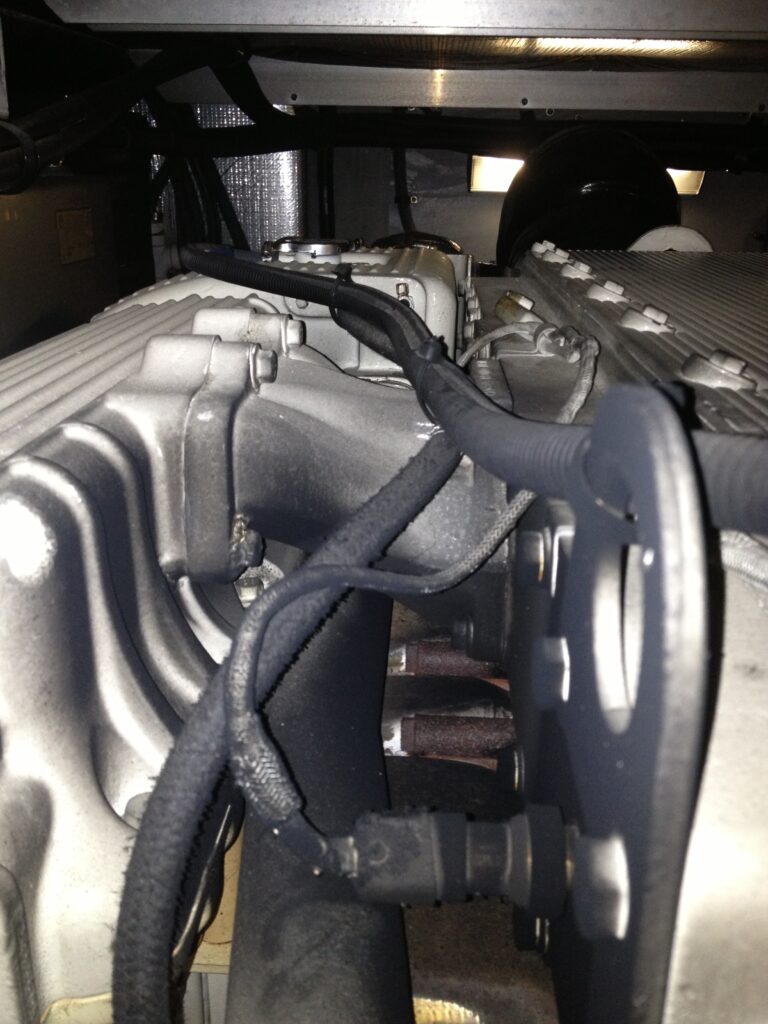What Adds Horsepower: Power Up Your Ride with These Performance-Boosting Tips
Upgrading your engine components and optimizing air and fuel delivery systems can add horsepower to your vehicle. When you enhance your engine with performance parts and fine-tune the air intake and exhaust systems, you can increase the efficiency and power output of your vehicle.
These improvements typically involve replacing or upgrading components such as air filters, fuel injectors, exhaust headers, and engine control units. Additionally, enhancing the engine’s combustion process through advanced technologies like turbocharging or supercharging can also boost horsepower. By making these modifications, you can unleash the full potential of your engine and enjoy a more powerful driving experience.
Powering Up Your Ride: Performance-boosting Tips
When it comes to powering up your ride and increasing horsepower for improved vehicle performance, it is essential to understand the role of horsepower in acceleration and speed. Horsepower is a measure of an engine’s ability to perform work, specifically the rate at which it can do so. The higher the horsepower, the more power available to propel the vehicle forward and achieve higher speeds.
There are several ways to increase horsepower and enhance your vehicle’s performance. One effective method is to optimize the engine’s intake and exhaust systems. Upgrading to a high-flow air intake and a less restrictive exhaust system can improve airflow, allowing the engine to breathe more easily and generate more power.
Another way to boost horsepower is by optimizing the fuel and ignition systems. Upgrading to high-performance fuel injectors, spark plugs, and ignition coils can enhance combustion efficiency, resulting in increased power output.
In addition, tuning the engine’s electronic control unit (ECU) can optimize the fuel and ignition timing, further improving performance. Performance chips or ECU remapping can adjust parameters such as fuel-air mixture, ignition timing, and rev limiter, unlocking additional horsepower potential.
Furthermore, upgrading the vehicle’s drivetrain components, such as the transmission, differential, and driveshaft, can help transfer power to the wheels more effectively, maximizing the available horsepower.
Ultimately, increasing horsepower involves a combination of optimizing various engine components and systems. By enhancing airflow, fuel and ignition efficiency, and drivetrain performance, you can unleash the true power of your ride and achieve impressive acceleration and speed.
1. Upgrading The Air Intake System
When it comes to increasing the horsepower of your vehicle, upgrading the air intake system is a crucial step. One way to bolster horsepower is by installing a high-performance air filter. These filters are designed to allow a greater amount of clean air to flow into the engine, resulting in improved combustion and more power. Additionally, enhancing airflow with a cold air intake system can further boost horsepower. Cold air intakes draw cooler air from outside the engine bay, which is denser and therefore contains more oxygen for combustion. This increased oxygen supply can lead to more power output. Another option for increasing horsepower is upgrading to a larger throttle body. A larger throttle body allows more air to enter the engine, enabling greater fuel combustion and ultimately more horsepower. By upgrading your air intake system with these modifications, you can unlock the full potential of your vehicle and enjoy increased horsepower.
2. Optimizing The Exhaust System
Optimizing the exhaust system is an effective way to boost horsepower in your vehicle. One of the first steps in achieving this is by installing a free-flowing catalytic converter. Unlike a restrictive stock converter, a high-performance one allows exhaust gases to flow more freely, reducing back pressure and increasing engine power.
Another upgrade to consider is installing headers. Headers improve exhaust flow by replacing the stock exhaust manifold, which can be a significant bottleneck in the system. Compared to the restrictive factory manifold, headers provide smoother and faster airflow, resulting in increased horsepower.
3. Enhancing Engine Performance With Tuning
Enhancing engine performance with tuning is one of the most effective ways to maximize horsepower gains. Utilizing a performance programmer or ECU flash can greatly enhance the overall performance of your engine. These tools allow you to modify various aspects of your engine’s operation, such as adjusting fuel and timing for optimal power output.
By utilizing a performance programmer or ECU flash, you can fine-tune your engine to deliver the maximum amount of power while still maintaining reliability. Adjusting fuel and timing is crucial in ensuring that your engine is operating at its peak performance level. This process involves optimizing the air-fuel mixture and ignition timing to provide the most power.
Whether you’re looking to boost your engine’s horsepower for racing or simply want to enhance its overall performance, engine tuning is a must. It allows you to unlock the full potential of your engine, resulting in improved acceleration, throttle response, and overall power.
4. Adding Forced Induction (superchargers, Turbochargers)
In terms of increasing horsepower, one effective method is to add forced induction systems such as superchargers and turbochargers. These systems enable an engine to generate more power by compressing the intake air, resulting in higher combustion and increased horsepower output.
Installing a supercharger is a great option for immediate power gains. It operates by being driven directly by the engine’s crankshaft, delivering a significant boost in power across the RPM range. Superchargers are particularly beneficial for applications where instant throttle response is desired.
On the other hand, turbocharging provides enhanced power across the RPM range. Unlike superchargers, turbochargers harness exhaust gases to drive a turbine that compresses the intake air. This allows for increased power without directly taking energy from the engine.
Whether you choose a supercharger or a turbocharger, adding forced induction to your vehicle can significantly boost horsepower, delivering more exhilarating performance on the road.
| Forced Induction | Advantages |
|---|---|
| Superchargers | – Immediate power gain – Ideal for instant throttle response |
| Turbochargers | – Enhanced power across RPM range – Utilizes exhaust gases for increased power |

Credit: www.notateslaapp.com
5. Upgrading The Ignition System
Upgrading the ignition system can greatly enhance combustion efficiency, leading to increased horsepower. Installing high-performance spark plugs and ignition coils is a popular method to improve ignition performance. High-performance spark plugs produce a stronger and more consistent spark, ensuring a more efficient combustion process. Similarly, upgraded ignition coils provide a stronger electrical charge, resulting in better ignition performance.
Another option is to incorporate a performance ignition module or system. These systems are designed to provide a more precise and powerful spark, resulting in better combustion efficiency and increased horsepower. They often offer features such as adjustable rev limiters and advanced timing curves to further optimize engine performance.
6. Strengthening The Engine Internals
The key to increasing horsepower lies in reinforcing the engine internals. Upgrading the pistons, rods, and crankshaft plays a crucial role in enhancing engine performance. By replacing these components with high-performance counterparts, you can handle more power and torque without compromising the engine’s reliability. This improves the overall efficiency and durability of the engine, allowing it to handle increased stress at higher RPMs. Additionally, installing performance camshafts can significantly enhance valve timing, resulting in improved airflow and combustion efficiency. The specific cam profile determines the engine’s power characteristics, with choices ranging from low-end torque boost to high-end power gains. Upgrading the camshafts results in better throttle response, increased horsepower, and a broader powerband. By reinforcing the engine internals and optimizing valve timing, you can unlock the hidden potential of your engine and enjoy the exhilarating thrill of increased horsepower.
7. Improving Cooling System Efficiency
One effective way to enhance engine performance is by improving the cooling system efficiency. Upgrading to a high-performance radiator can significantly increase the horsepower of a vehicle. The improved cooling capabilities allow the engine to maintain optimal temperatures, preventing overheating and ensuring better overall performance. Additionally, installing an electric fan can further enhance temperature management. Electric fans are more efficient than traditional belt-driven fans as they consume less power and can be controlled to operate at optimal speeds. This helps to eliminate any unnecessary strain on the engine, leading to improved horsepower. Upgrading the cooling system is a crucial step to maximizing engine performance and achieving better overall efficiency.
8. Ensuring Proper Fuel Delivery
In order to optimize fuel delivery for maximum horsepower, there are a few key upgrades that can be made. One of these upgrades is upgrading the fuel injectors to improve fuel flow. High-performance fuel injectors allow for a greater amount of fuel to be delivered to the engine, resulting in a more powerful combustion process. This increased fuel flow can lead to significant horsepower gains.
Another important upgrade is installing a high-performance fuel pump. A high-performance fuel pump ensures a consistent and reliable supply of fuel to the engine. This is crucial for maintaining optimal fuel delivery, especially during high-performance driving situations. With a high-performance fuel pump, the engine can receive the fuel it needs to generate maximum horsepower consistently.
9. Enhancing Vehicle Weight And Aerodynamics
One way to enhance the horsepower of a vehicle is by reducing its overall weight. A lighter vehicle has a better horsepower-to-weight ratio, which can result in improved performance. Manufacturers can achieve this by utilizing lightweight materials for certain components, such as carbon fiber or aluminum, which helps to reduce the overall weight of the vehicle without compromising its structural integrity. Additionally, enhancing the vehicle’s aerodynamics can also contribute to increased horsepower. By reducing drag, the vehicle can move through the air more efficiently, allowing the engine to generate more power. This can be achieved by making changes to the vehicle’s design, such as incorporating sleek body lines and adding aerodynamic features like spoilers or diffusers. Overall, reducing weight and improving aerodynamics are key strategies for boosting horsepower and enhancing the performance of vehicles.
10. Investing In Performance Tires And Wheels
Investing in performance tires and wheels can have a significant impact on maximizing horsepower transfer in your vehicle. By upgrading to high-performance tires, you can improve traction and grip, allowing for better power delivery from the engine to the road. These tires are specifically designed to handle high speeds and provide superior performance in various driving conditions.
In addition to performance tires, upgrading to lightweight and larger-diameter wheels can also enhance horsepower. Lightweight wheels reduce unsprung weight, improving acceleration and overall performance. Larger-diameter wheels can allow for larger brake calipers, which can enhance braking performance.
Another crucial factor for optimizing horsepower transfer is ensuring proper tire pressure. Maintaining the correct tire pressure is essential for optimal performance and handling. Underinflated or overinflated tires can negatively affect traction and fuel efficiency.
Frequently Asked Questions Of What Adds Horsepower
How Do You Increase Horsepower?
To increase horsepower, you can optimize your engine by adding performance parts, such as a cold air intake or high-flow exhaust system. Tuning the engine with a performance chip or reprogramming the ECU can also help. Upgrading the fuel system and using higher octane fuel can improve power output.
Regular maintenance, like changing the air filter and spark plugs, is essential too.
What Gives Horsepower To A Car?
The engine of a car provides the horsepower necessary for its performance.
What Makes A Car Faster Horsepower?
A car’s horsepower determines its speed. The higher the horsepower, the faster the car can go. Increasing horsepower involves upgrading the engine and its components, such as the fuel system, exhaust system, and turbochargers, to generate more power.
What Makes Up Horsepower?
Horsepower is a measure of an engine’s power output. It includes factors such as the engine size, speed, and torque. Ultimately, it represents how much work the engine can do in a specific amount of time.
Conclusion
To sum up, increasing horsepower in a vehicle requires a combination of factors. Upgrading the engine, improving airflow, and optimizing fuel delivery are among the key elements. Additional measures, such as fine-tuning the ignition timing and reducing weight, can further enhance performance.
By implementing these strategies, you can unlock the full potential of your vehicle and enjoy a thrilling driving experience. So, why wait? Start maximizing your horsepower today!







